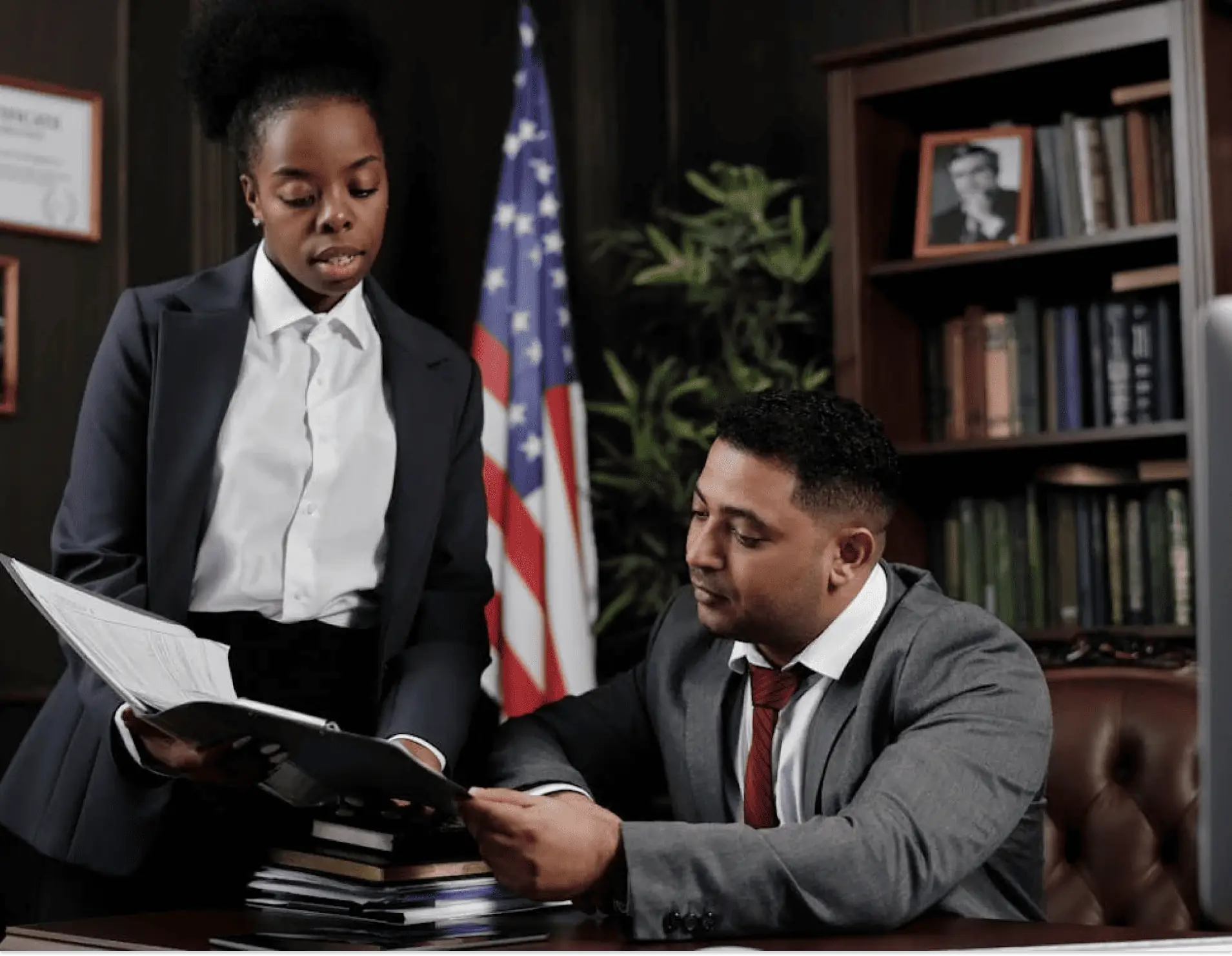Obtaining legal status in the United States is a significant step toward building a secure future. Whether you’re applying for a visa, seeking asylum, or adjusting your status, the process can be complex and overwhelming. Working with the immigration lawyer near me in el paso texas gives you expert guidance, ensures accuracy in your application, and maximizes your chances of success.
This guide breaks down the essential steps to obtain legal status and highlights how an immigration lawyer can support you at every stage.
Step 1: Determine your eligibility
The first step is to assess your eligibility for legal status. An immigration lawyer near me in el paso texas can evaluate your case and identify the best pathway:
- Family relationships: Sponsorship from U.S. citizen or permanent resident relatives (spouses, parents, children, siblings).
- Employment prospects: Job offers from U.S. employers through work visas or employment-based green cards.
- Asylum seeker: Fear of persecution due to race, religion, nationality, political opinion, or social group.
- Adjustment of status: For applicants already in the U.S. on a temporary visa.
- Consular processing: For applicants outside the U.S. completing the process through a U.S. embassy or consulate.
- Special programs: U visas, T visas, EB-5 investor visas, DACA, or TPS.
👉 Why it matters: Choosing the right pathway prevents wasted time, denials, and unnecessary costs.
Step 2: Gather required documentation
Immigration cases require detailed paperwork. Common documentation includes:
- Identity records: Birth certificates, marriage certificates, passports.
- Financial documents: Bank statements, tax returns, affidavits of support.
- Medical exams: Conducted by USCIS-approved doctors when required.
- Police clearances: Certificates from countries where you lived previously.
- Translated documents: Certified translations for non-English documents.
⚖️ Your immigration lawyer in El Paso ensures nothing is missing, avoiding costly delays or Requests for Evidence (RFEs).
Step 3: File your application
Filing is the most critical stage:
- Review forms and supporting evidence for accuracy.
- Verify the correct USCIS mailing address.
- Include filing fees and passport photos.
- Sign and date all required forms.
- Send via trackable courier and keep proof of mailing.
Your attorney will also prepare responses in case USCIS requests additional documents.
Step 4: Attend biometrics and interviews
- Biometrics appointment: Fingerprints, photo, and signature for security checks.
- USCIS interview: Officers may ask about your background, application details, and eligibility.
- Attorney representation: A lawyer can attend with you, ensuring your rights are protected and helping you respond confidently.
Step 5: Follow up on your application
Staying proactive is key:
- Track your case status online with the USCIS receipt number.
- Respond promptly to RFEs or NOIDs (Notices of Intent to Deny).
- Keep your contact information updated with USCIS.
- Rely on your immigration lawyer near me in el paso texas to manage communication with USCIS.
Step 6: Receive a decision
- Approval: You’ll receive an approval notice (Form I-797). Follow your attorney’s advice on next steps (green card, renewal, or citizenship).
- Denial: Review reasons with your attorney—options include appealing, reapplying, or filing waivers.
- Requests for Evidence: Submit additional documents quickly with your lawyer’s guidance.
Visa categories at a glance
| Visa Category | Eligibility Requirements | Processing Time | Fees |
|---|---|---|---|
| Family-Sponsored Visas | Qualifying U.S. relatives | Varies by category | Varies |
| Employment-Based Visas | U.S. job offer, skills, labor certification | Months to years | Varies by type |
| Asylum | Fear of persecution | Several months | Some fees apply |
| Diversity Visa Lottery | Eligible country + education/work | Annual process | Free if selected |
| Adjustment of Status | Already in U.S., green card eligibility | Priority to relatives | USCIS fees |
| Consular Processing | Outside U.S. with approved petition | Case-dependent | Visa & consular fees |
FAQs about immigration lawyer near me in el paso texas
1. How long does it take to get legal status?
Processing varies: some visas take months, others several years.
2. Can I apply for legal status while on a tourist visa?
In certain cases, yes. Always consult with an immigration lawyer near me in el paso texas before filing.
3. Do I really need an attorney?
While not mandatory, having a lawyer reduces mistakes and improves approval chances.
4. What should I bring to my consultation?
Identification, USCIS notices, visas, and any supporting documents.
5. What if my application is denied?
Your lawyer can help with appeals, reapplications, or waivers.
Conclusion
Obtaining legal status in the U.S. is a life-changing step—but the process is complex. With the immigration lawyer near me in el paso texas, you’ll have expert guidance, accurate documentation, and strong legal representation at every stage.
Your future is worth protecting. Don’t take unnecessary risks—consult an experienced immigration lawyer in El Paso today and move forward with confidence.




